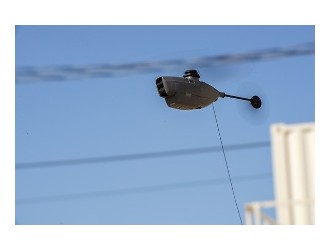
Late last year during the previous Obama administration, the U.S. stopped sales of precision-guided munitions to Saudi Arabia out of concern for civilian casualties of Saudi-led air strikes in Yemen. A Saudi coalition has conducted thousands of airstrikes against Iranian-backed Houthi rebels since intervening in Yemen’s civil war in March 2015.
Included within the latest arms package, Saudi Arabia signaled its “intent” to procure more than $28 billion worth of Lockheed Martin integrated air and missile defense systems, combat ships, tactical aircraft and helicopters, the U.S. company announced the same day. Lockheed Martin and Taqnia, a Saudi technology development and investment concern, signed a letter of intent to create a joint venture for final assembly and completion of 150 Lockheed Martin-Sikorsky S-70s, an agreement that would create 450 jobs in Saudi Arabia and support a similar number at Sikorsky’s facilities in Connecticut and other U.S. locations.
Another agreement supports “localization efforts associated with multi-mission surface combatants and aerostats.”
Boeing on May 21 said Saudi Arabia intends to buy the P-8, joining the U.S., the UK, India, Norway, Australia and potentially New Zealand, as current or future customers of the 737-800 anti-submarine warfare derivative. Boeing also announced the kingdom’s intent to purchase CH-47 Chinook heavy-lift helicopters—an agreement that follows a Pentagon notification to Congress in December that specified a Saudi request for 48 CH-47F models.





